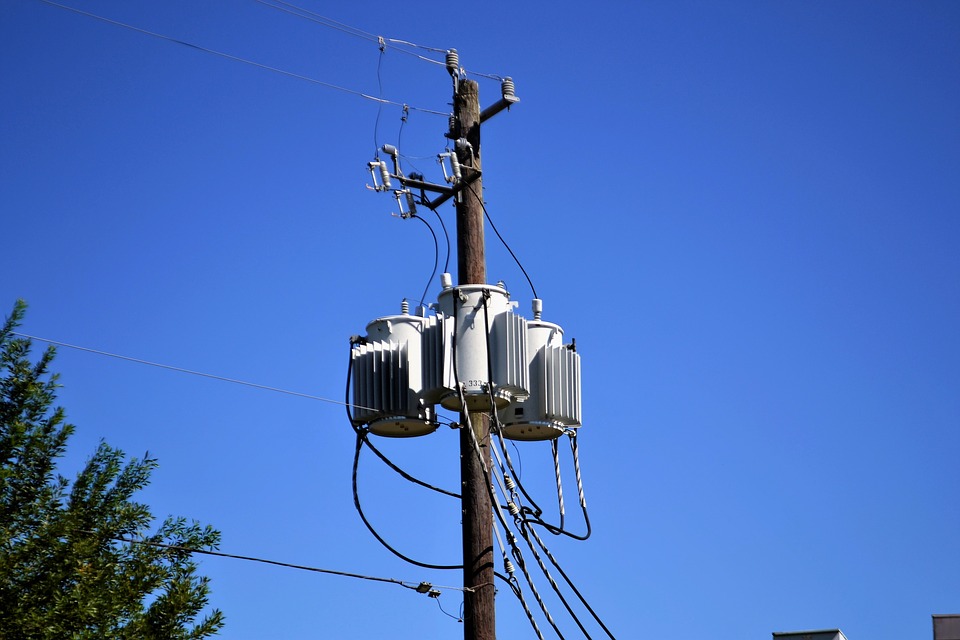By Nicole DiGiose, content editor
Hey, who turned out the lights?
Unfortunately, the breakdown of overhead powerlines and underground cables is often discovered after the power’s gone out. With this all-too-common issue in mind, researchers at the University of Akron decided to collaborate with a field-proven detection technology from Exacter, an electronics provider for the utilities industry, that can predict, detect, and prevent problems with electrical equipment. What’s more, the company also specializes in miniaturizing equipment for applications on electrical distribution and transmission lines.

The new sensors will collect and transmit data to pinpoint potential problems. Image source: Pixabay.
To better predict outages, professors Dr. Jose Alexis De Abreu-Garcia and Dr. Yilmaz Sozer from the university are working with Exacter to create cell-phone-sized smart sensors that can detect and measure radio frequency signals emitted from faulty components.
Currently, electrical equipment must be inspected on-site by powerline technicians. With the new sensors, data can be collected and transmitted, allowing electric utilities to continuously monitor the health of the grid and pinpoint the problematic locations that could result in power failures, including fires and explosions.
“The sensors being developed by our team will be measuring various factors that can adversely impact electrical transmission and cause power outages,” said De Abreu-Garcia . “Many of these measurements are not being monitored or collected today.”
So far, the project has received over $3 million in funding from the Ohio Development Service Agency’s Innovation Platform Program . It’s also benefited from the input of more than 25 major electrical utilities leaders from around the country, according to De Abreu-Garcia.
The sensors are among the latest contributions to the Industrial Internet of Things (IIoT), a network of industrial structures equipped with electronic devices to facilitate communication and data exchange.
“Creating these never-before developed IIoT sensors was an ambitious undertaking, but our team of researchers has been up to the task,” said Sozer . “It has been a very good experience having our students go into the field and collaborate with the utilities on the testing and validation of these unique sensors and technology.”
According to the university, the professors plan to have a fully commercialized product by the end of this year, with Exacter releasing it to the utility industry in the first quarter of 2019.
Advertisement
Learn more about Electronic Products Magazine





